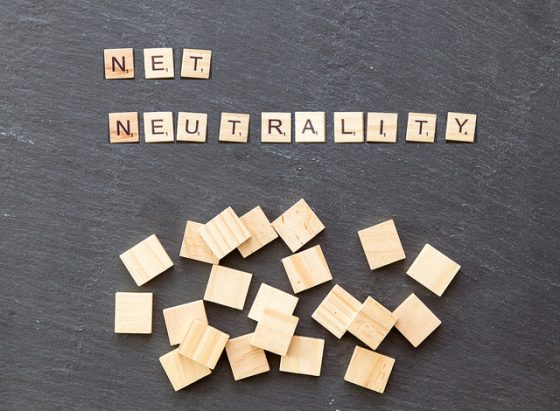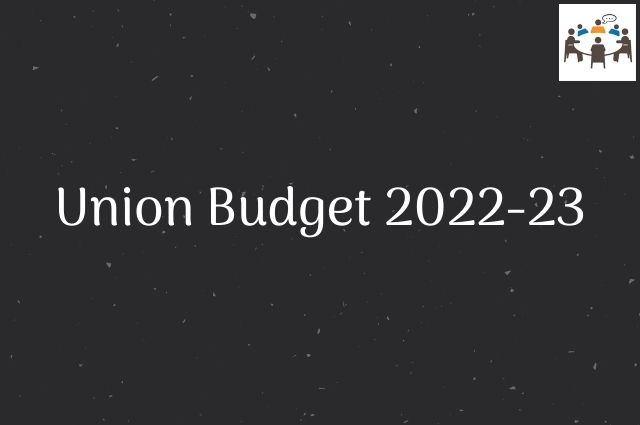Theme:
- Since November 2022, the Cellular Operators Association of India (COAI) which represents three major telecom operators Bharti Airtel, Vodafone Idea, and Reliance Jio has been demanding for a reasonable ‘usage fee’ from OTT communication service providers such as WhatsApp towards network use. The Broadband India Forum (BIF), which represents Internet firms such as Meta and Google is against it. This has brought back the ‘Net neutrality’ debate.
What is Net neutrality:
- Net neutrality means that ISPs (Internet Service providers) should treat all the content on the Internet equally and should not discriminate or favour any app or website over the other on the basis of website, content or user as this kind of discrimination will result in the domination of bigger companies (Ex-Google, Meta etc.) over startups and small companies.
How it all started:
- In December 2014, Airtel decided to start charging extra for VoIP (Voice over Internet Protocol) calling apps such as Skype, Viber etc. This decision sparked debate on net neutrality in India. At that time, TRAI (Telecom Regulatory Authority of India) invited user comments on this.
- ‘Internet.org’, which was later renamed as ‘Free Basics‘ was launched by Meta with the partnership of Reliance Communications in February 2015 in India. Free Basics give mobile users access to over 30 different websites without any data charges. It was started to bring more people online and to ensure digital equality according to the Meta company.
- In April 2015, Airtel launched ‘Airtel Zero‘, which allows its customers to access some apps at Zero data charges. App providers will pay the data charges.
- So, this results in Differential pricing – giving access to some websites and apps for free and charging the remaining. In future, there is a possibility that ISPs will make some websites load faster and can slow down other websites, which can’t pay extra fees to them.
- In Dec 2015, TRAI ordered Reliance to suspend ‘Free Basics’ temporarily by stating that it violates principles of Net neutrality.
- There are two core issues involved here, which are at clash – ‘Ease of access to the internet’ and ‘Net neutrality’.
- In Feb 2016, TRAI backed Net neutrality and barred Telecom companies from charging different prices for data services except for emergency services, thereby banning Airtel Zero and Free Basics.
- In India, there is no law on Net neutrality yet. But Internet Access Services need to be governed by a principle that restricts any form of discrimination, restriction or interference in the treatment of content, including practices like blocking, degrading, slowing down or granting preferential speeds or treatment to any content as per the policy directives on Net Neutrality.
- Since November 2022, the Cellular Operators Association of India (COAI) which represents three major telecom operators Bharti Airtel, Vodafone Idea, and Reliance Jio has been demanding a reasonable ‘usage fee’ from OTT communication service providers such as WhatsApp towards network use. The Broadband India Forum (BIF), which represents Internet firms such as Meta and Google is against it.
In Favor of Differential pricing of data services:
- Telecom companies are buying spectrum and infrastructure, which results in high capital expenditure costs. But they are at a loss because of calling apps such as Skype, WhatsApp etc. Their attempts to protect their investments through differential pricing are understandable.
- Telecom companies stated that Differential pricing will help in promoting innovation and bringing more people online.
- Airtel Zero is a win-win situation, where users can access certain apps for free and startups can reach a wider audience by registering in this program. Internet-deprived people will be benefited from the kind of initiatives, which gives access to some part of the Internet for free, such as Free Basics.
- The initiatives like these can act as a launch pad for people, who don’t have access to the internet. They will get to know and become comfortable with the internet, thereby increasing the number of digital literates.
- The recent demand of COAI for usage fees from OTT communication services is to drive the digital infrastructure while contributing to the economy. The organization is saying that the claim of usage fees violating net neutrality principles is misleading.

In Favor of Net neutrality:
- If Differential pricing for data services for accessing different websites exists, every website and app has to pay a fee to Telecom companies and Internet Service Providers for streaming their website/app at a faster speed. Those, who can’t pay, will be at a loss. It’s a big threat to freedom of expression and openness of the Internet.
- The absence of Net neutrality could make ISPs gatekeepers of the Internet. It gives them all chances of misuse. Deep divisions will occur in the digital world.
- The benefit of freebies will only be in the short term. And the openness of the Internet will suffer a lot in the long term. Tim Berners Lee, inventor of the web is against Free Basics and quoted it as a step backwards.
- If people are really concerned with bringing more users into the digital world, they can give some data balance for free like Mozilla did to provide access to the entire internet, not just a few sponsored sites.
- The recent demand for usage fees from OTT communication services seems unfair because all internet platforms must be treated equally, which is the main theme of the openness of the internet.
Other countries’ stand on Net neutrality:
- Egypt also suspended ‘Free Basics’ services a week after India did the same.
- Federal Communications Commission (US) voted for Net neutrality.
- Europe is now trying to correct its Net neutrality proposal, 2013, which gave privileged access to special services (Zero-Rating).
- Chile banned Zero rate schemes, which provided free access to some social media platforms.
Conclusion:
In the absence of a law on Net neutrality, misinterpretations of the term may happen and digital equality is at risk. So, there is a dire need for framing and implementing Net neutrality regulations.
Your Turn…
Do you support Net neutrality? Express your opinions through the comment section below. Subscribe to our blog to read answers to the latest GD topics.
Photo Credits: Marco Verch under CC 2.0
Copyright @ Group Discussion Ideas







